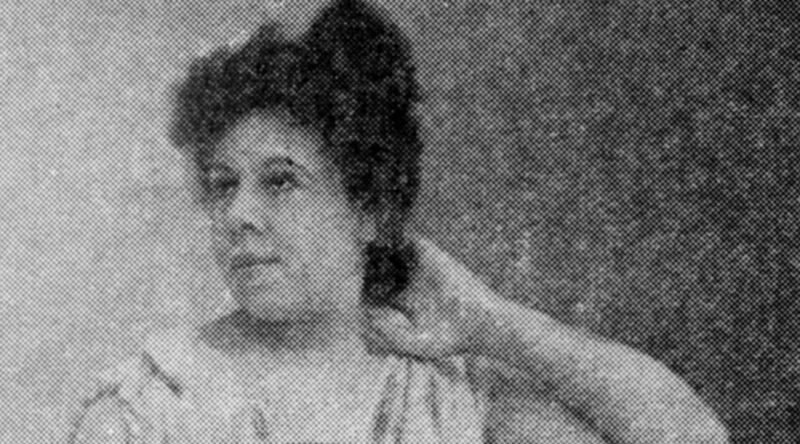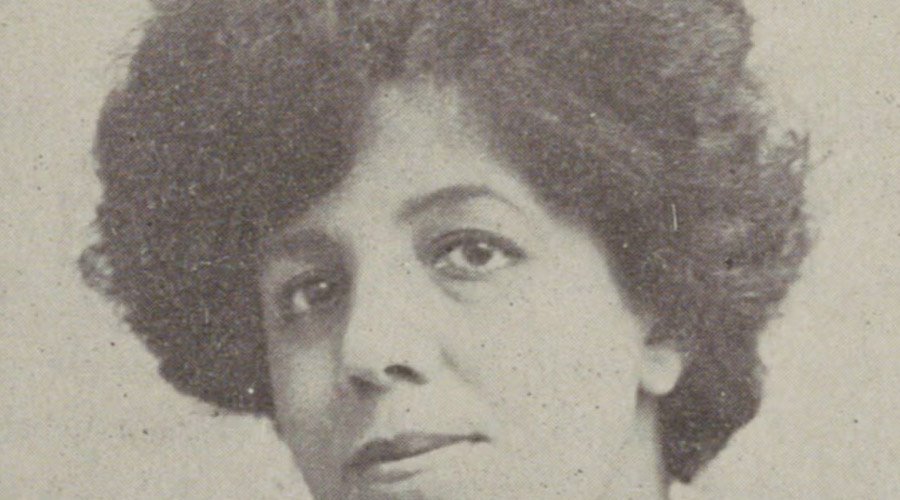Irene Luranah Pauline Aldridge, born in 1860 in London, England, was a pioneering opera soprano who broke racial barriers in classical music. She was the daughter of Ira Aldridge, the first Black man to play Othello in London in 1825. European acting legend Ira inspired his children to succeed in the arts. The composer Amanda Aldridge and musician Ira Frederick Aldridge were Luranah’s siblings.
Rise to Fame
Late 19th-century European opera star Luranah Aldridge. Her success in a white, male-dominated sector defied the era’s racism. She played Ring of the Nibelung selections at the Bayreuth Festival in Germany in 1896, being the first Black woman to do so. Her career changed when she unofficially broke the colour barrier before opera singers like Grace Bumbry.
My father, Ira Aldridge,
Ira Aldridge, born in New York City on July 24, 1807, was a pioneering theatre actor and social justice activist. He was the first Black Shakespearean actor to be internationally acclaimed. Aldridge started his career at the first Black-owned theatre in the US, the African Grove Theatre, before heading to Europe for better chances. His performances as Othello, King Lear, and Macbeth garnered him fame, especially in England and other European countries with less racial boundaries in the theatre than in the US. Despite bigotry and prejudice, Aldridge amazed audiences and critics, becoming the first Black actor to play Othello on the British stage, cementing his legend.
Luranah Aldridge, one of Ira Aldridge’s children, became a famous opera singer. Ira used his stage to fight slavery, influencing others beyond his theatrical accomplishment. His European visits featured remarks on equality and justice. Aldridge earned Chevalier Ira Aldridge, Knight of Saxony, in 1858 for his theatre and humanitarian work. After his death on August 7, 1867, in Łódź, Poland, his family continues his legacy and influences future generations of Black performers. Luranah Aldridge’s career and accomplishments reflect her father’s pioneering passion and dedication to racial equality in the performing arts.
Career Highlights
Luranah Aldridge was lauded in Germany and France for her deep, dramatic voice and Wagnerian interpretations. The opera’s cultural and historical exclusivity made her Wagner triumph remarkable. Before establishing herself as an opera singer, Luranah sang in several performances with her siblings.
Triumphs and Challenges
Despite her brilliance and persistence, Luranah encountered several race and gender-related challenges. In the late 19th and early 20th centuries, racial prejudice hampered her chances as a mixed-race lady. However, her perseverance and devotion to her profession helped her overcome social barriers and inspire future Black and female opera and classical music singers.
Personal Battles and Tragedy
Life was difficult for Luranah. In the 1920s, her health declined, affecting her performance. Her trailblazing career and personal struggles strained her health. At 72, Luranah Aldridge overdosed on aspirin and died on November 20, 1932. Despite her artistic achievements, she was buried publicly.
Influence and Legacy
Luranah Aldridge’s pioneering opera singing legacy lives on. She paved the way for Black opera singers and defied racial prejudices in the arts. Her perseverance, skill, and overcome obstacles paved the way for Paul Robeson and Leontyne Price. Luranah’s tale continues to inspire classical music diversity and representation conversations.
Conclusion
Life and career pioneer Luranah Aldridge defied her time. She forever changed opera as one of the first Black women to perform Wagner’s operas internationally. Though she died tragically, her pioneering spirit and influence live on in classical music.





